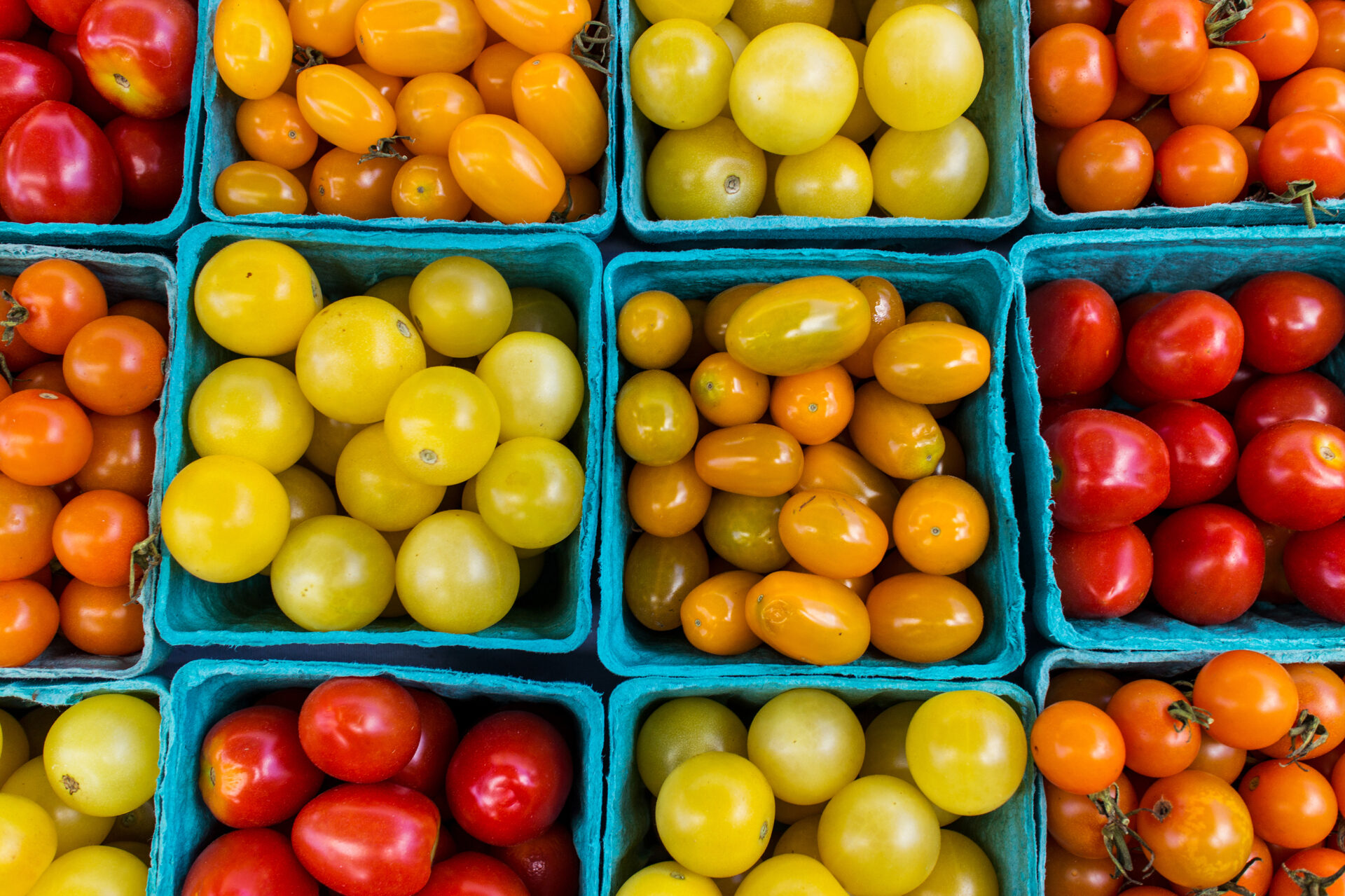With summer soon upon us, WVU researchers are reminding consumers to wash their produce before consuming it.
Cangliang Shen, a WVU associate professor of human nutrition and foods extension specialist, studied the microbial safety of local farmer’s market produce and found risks for infections.
Microbial infections were found on produce even in the sterile environments where the studies occurred.
Corey Coe participated in Shen’s study. He is a PhD student in Animal Nutritional Sciences at WVU.
“We do a lot of work with figuring out sanitation methods, specifically for small farmers, first off, so they can get their produce to the consumers with the consumers having faith that it’s going to be safe,” Coe said. “Regardless of when you get home, wash it because I’ve seen contamination within our own lab because we like to simulate those same methods.”
The safest way to consume any food is to wash it with a specialty cleaner made for produce, or a mixture of water and vinegar upon arrival at the home, and again before preparing or eating it.
“Definitely the soil and the dust have to be removed,” Shen said. “That’s why the two steps of the water wash are important. Most of the contamination is coming from the soil. We found generic E. coli, the microorganism that indicates fecal contamination. That’s higher in fresh produce, so you have to rinse and remove the soil.”
When bringing produce home, Shen said it’s best to wash and dry them, separate them from other vegetables and put them in a zip-top bag in the refrigerator. They should be consumed within 72 hours, while unrefrigerated, perishable vegetables should be eaten that day.
